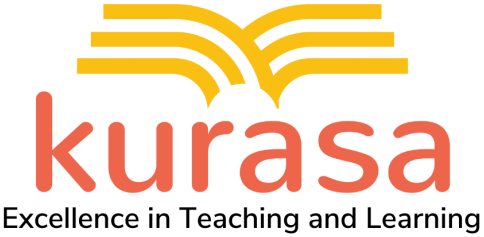When you read the National Education Strategic Plan (NESSP) 2018-2022, you can’t help but marvel at the grand plans that were put in place for an overhaul of our education sector. The plan had both an elaborate and clear vision of the insatiable desire of our nation to achieve quality, inclusive education, and revolutionize training and research in our education sector, coupled with a raft of new reforms for sustainable development.
The National Education strategic plan of 2018-2022 sought to change the trajectory of our education system by improving and building on concrete pillars, including access and equity by providing quality and competence-based education through our new curriculum, training and research that was geared to not only upskill and capacity build all our education personnel but also ensure our education keeps track and conforms to new global trends needed for this time. It sought to strengthen management, governance and accountability in every sector of our education system, thus creating a conducive environment for all departments and institutions that offer education.
The 2018-2022 Strategic Plan sought to enhance relevance and capacities for Science, Technology and Innovation (ST&I) in education, as a way of matching the existing labour markets’ access and participation. It sought to finally address equity, inclusiveness, and education for all, as stipulated in our bill of rights and in sustainable Development Goals for 2030. The strategic plan promised quality and relevant education to deliver competent, all-round graduates into our job market, and lastly, ensure Sector Governance and Accountability, facilitating achievable changes to offer quality education in line with Pertinent and Contemporary Issues and Values of the 21st century.
Of great interest in the Strategic Plan 2018-2022 and the reason for our indulgence at this time, was its keen interest in Integrating ICT in teaching, learning and assessment in primary schools as a tool to the new curriculum. The Strategic Plan of 2018-2022, promised to undertake a digital literacy evaluation survey in all our public primary schools, construct computer laboratories, equip all public primary schools with hardware and software infrastructure for ICT education, build the capacity of ICT champion teachers in the integration of ICT in teaching, learning, assessment and management, develop digital content for all subjects of the CBC for primary schools, build the capacity of head teachers for skills in ICT integration in teaching, learning and management, and finally, establish an ICT integration in education support system at the national, county, sub-county and institutional level.
A survey carried out by Wanzala and Nyamai, in July 2018, had indicated that 19,000 out of 23,951 public primary schools in existence then, had been provided with technology devices and only 70,000 out of over 300,000 teachers had been trained to integrate ICT into learning, a few months before the rollout of CBC. In another survey by the Teachers Service Commission that intentionally targeted some schools, 1200 respondents revealed that teachers in public institutions exhibited serious challenges in using ICT in their teaching. 84.2% of the teachers who responded to the survey, agreed they had problems with the use of technology in classrooms. Other challenges included unreliable electricity supply, unreliable and/or lack of internet connection, lack of ICT skills among teachers, and the unwillingness of teachers to integrate ICT in teaching and learning.
With that worrying trend, and as the government continues to invest in ICT integration in our education system to enhance access, quality and equity in education, the glaring inadequacy on almost all fronts geared towards successful ICT integration programs in our schools cannot be ignored. As we speak, we don’t have 23,951 public primary schools, but 31,218 schools, and as years go by, more schools will be built.
For this reason, the government must relook at the current implementation rate, evaluate the intake, and invite all stakeholders with an interest to invest in ICT for schools, to both upscale and accelerate this process in all levels of our education, and put Kenya at par with other developing nations as we head towards Sustainable Development Goals 2030 mark.

